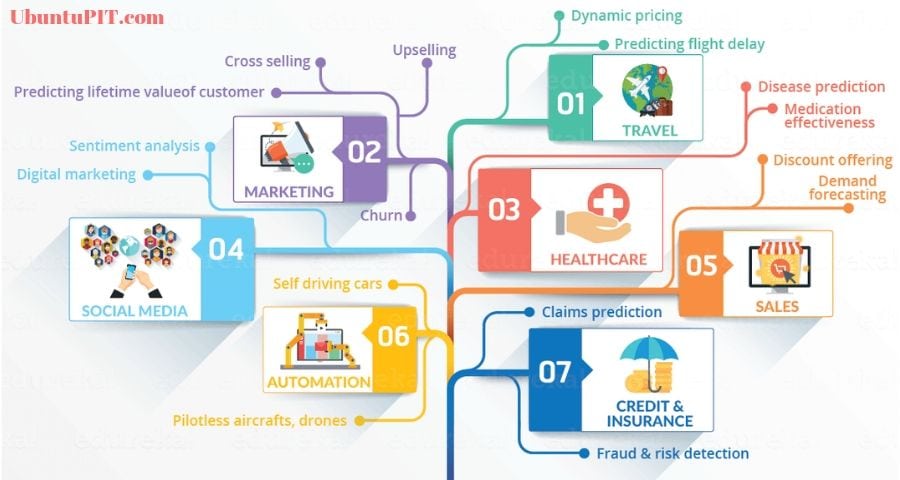Data Science refers to the data processing to bring out the result that cannot be seen or predicting an outcome depending on analyzing the given datasets and conditions. Although the demand for data scientists is increasing day by day, not many people show interest in becoming efficient in this sector of Computer Science. To get a data science degree, you need to learn a different kind of tools and algorithms, which helps you know “what is happening” and “what will happen” in the coming days.

“Data Science Specialization” is an online data science course available at coursera and offered by John Hopkins University. The best part of this course is to be able to participate in a capstone project. So you will have a portfolio demonstrating your mastery to play with data and find the results to reach the goal. Besides, you will learn to use the R language to analyze data. You will be learned to navigate through different stages of data processing, from data acquisition to publication.
This course focuses on
- R programming language is used to preprocess, analyze, and visualize data necessary to generate a statistical report.
- You will learn to use Github or Bitbucket to manage science projects. Related projects help to understand any situation better and also minimize the expected time to discover potential output that can be earned.
- Hands-on project experience to prove your skills and generate a portfolio that will help start a career as a data scientist.
- It also brings light on performing regression analysis models for assumptions and finding relations between data.
- Offers a total of 10 different courses focusing on the various relevant section of Data Science.
At last, I can only say that if you want to be a successful data scientist, then this Data Science Specialization Course will be the best option for you. This course will teach you about various aspects of data science, including data analyzing using R programming language, getting and cleaning data, Reproducible Research, practical machine learning, regression model, etc.
Do you like this course? If so, please take some time to share this on your social media. And don’t forget to share your experience and suggestion in the comment below.


